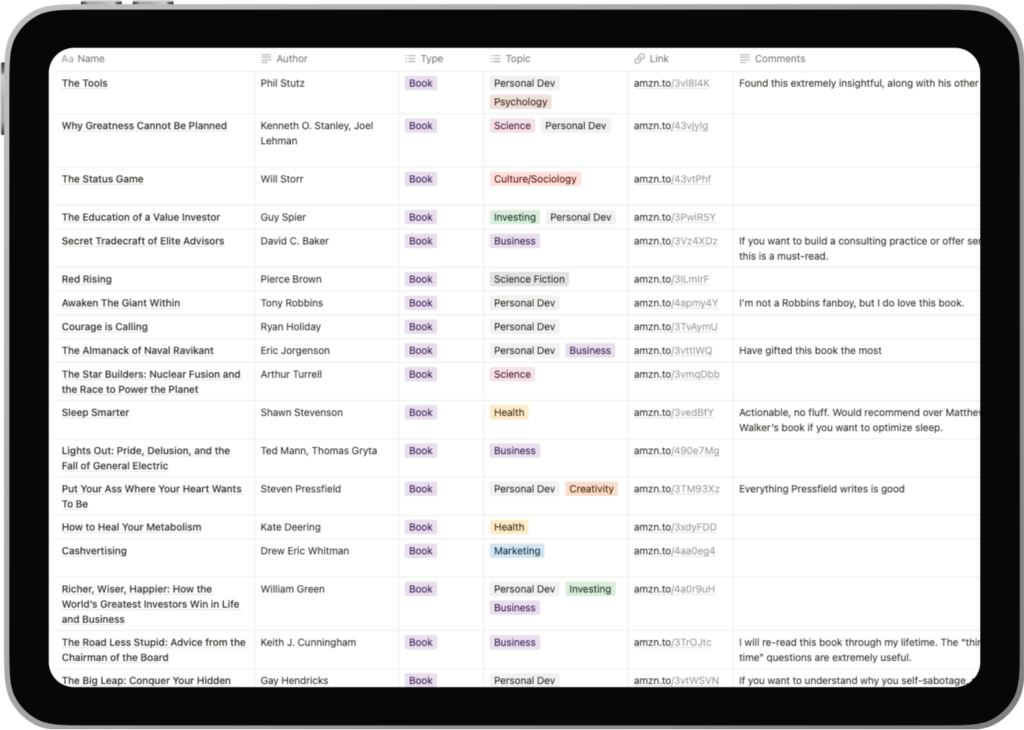Happy Monday,
Hope you’ve had a great last week.
I’ve spent the last 10 days in Dubai working and relaxing—as well as scoping it out for a potential place to live long term.
Verdict:
- Love the sun but it’s too hot for half the year.
- The city planning is a joke and it’s not walkable at all.
- Despite obvious downsides, I enjoyed my time there and could see myself spending a year or two living there.
- Was about the same as I expected.
Travelling through Eastern Europe now. Will probably stay for a month somewhere as I can’t keep up the 1-2 week pace and maintain my productivity.
If you have suggestions—feel free to reply to this email!
Anyway, on to today’s newsletter topic: Why “Raise your prices” is good and bad advice.
Why it’s good advice
“Raise your prices” is some of the best business advice I’ve ever been given. It alone was responsible for the easiest 30% increase in revenue I’ve ever experienced in my business (back in 2017).
I had a business coach who told me to increase the price of my course by $100. The idea of raising my prices caused friction, but I took his advice and did it anyway.
I was concerned that if I increased the price, our sales would drop because it would be too expensive.
The opposite happened. Not only did we make more revenue because the price point was higher, but our sales volume actually increased too. I can only assume this is because of an increase in perceived value resulting in it being a more attractive offer.
And this is why in 80% of cases (maybe even more), “raise your prices” is good advice. Most online business owners and creators are afraid to charge more. And so the advice is not coming from an analytical point-of-view, but rather a “here’s a mental block that you need to push through” point-of-view.
But beyond that, the only other reason this advice should be given is if the data suggests that prices should be raised.
Otherwise it’s bad advice, here’s why…
Why it’s bad advice
“Raise your prices” is bad advice because it doesn’t take into account the business, customer and market.
Every market has its own dynamics. There’s an upper bound to what people will pay for something, and quite often there’s a lower bound (a price that’s so low people will avoid purchasing because the perceived value is too low).
In the real estate market, the upper bound is defined by size of downpayment and income. The bank will only lend a certain amount.
The lower bound is defined by the buyer’s standards/non-negotiables (e.g., “the house can’t be damp” or “it can’t be in the hood.”)
If you’re selling digital products online, similar market dynamics apply depending on the niche you’re in.
For example, if you’re selling a fitness ebook to teenage gamers, the upper pricing bound is significantly lower than selling an exam guide ebook to Ivy League med students.
The market dictates which pricing works well, not the business.
So let’s say you’re building an online course business in a specific niche: fitness for digital nomads.
You have a flagship course you sell for $279. It’s doing well. You’re happy.
Someone comes along and tells you: “Dude, $279? You need to raise your prices. You can charge way more than that.”
After all, “digital nomads have money” he says (not realising that at least 50% go to low-cost locales for a specific reason: they don’t have much money).
And so you raise the price of your course to $479.
Your conversion rate goes from 5% to 2%.
And then it drops even lower.
You’ve decimated your cashflow.
You priced too high in the market. You’ve gone beyond the upper bound for this market.
In this case, it’s bad advice. There was no analysis. No look at the data. No real market research.
How2price then?
This is a topic for next week’s issue.
Unfortunately, pricing correctly is not an easy task—especially if your business is new. You simply don’t have the data and volume of sales to gain many useful insights.
But there are still strategies and tactics you can implement, which I’ll cover next week.
Until then, have a great (and productive) week.
Sam

